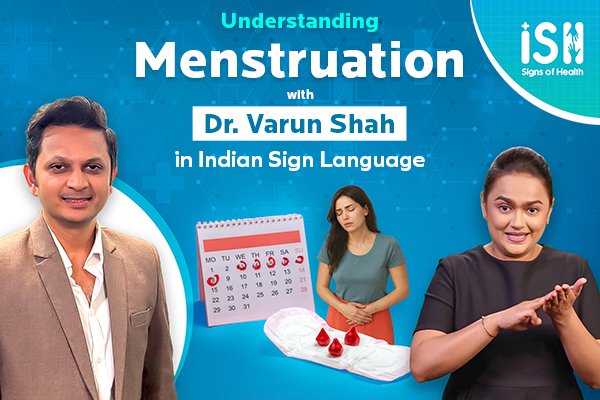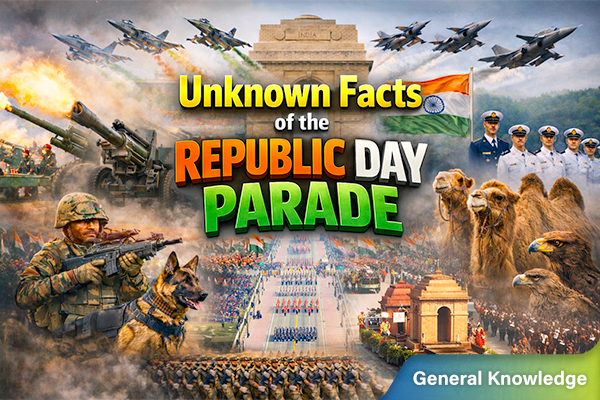Part 1: Life and Death of Indira Gandhi
Indira Gandhi, India's first female Prime Minister, made impactful decisions, including the controversial Emergency, before her assassination in 1984.
Mrs. Indira Gandhi was the first and till now the only woman Prime Minister of India. She was assassinated on 31st October 1984 at 9:30 a.m. near the gate of her house by her own Sikh bodyguards. She had 30 bullet wounds.
Indira Gandhi was the only child of Jawaharlal Nehru and Kamala Nehru. Indira Gandhi was born on 19 November 1917 in Allahabad. Indira had a lonely and unhappy childhood as her father was often away, directing political activities or jailed. She had limited contact with her father, mostly through letters. Her mother was frequently bedridden with illness, and later suffered an early death from tuberculosis. Indira was taught mostly at home by tutors and attended various schools intermittently until matriculation in 1934. She and her mother Kamala moved to the Belur Math, headquarters of the Ramakrishna Mission where Swami Ranganathananda was her guardian. She went on to study at the Vishwa Bharati (university) in Shantiniketan (Rabindranath Tagore’s school). It was during her interview with Rabindranath Tagore, he gave her the name Priyadarshini which means "looking at everything with kindness". That is why she was known as Indira Priyadarshini Nehru.
However, after a year she had to leave university to attend to her ailing mother in Europe. It was decided that Indira would continue her education at the University of Oxford. At the University she did well in history, political science, and economics, but her grades in Latin—a compulsory subject—remained poor. During her time in Europe, Indira often fell sick and had to frequently go for treatment to Switzerland to recover, disrupting her studies. In 1940 when she was being treated in Switzerland, Germany rapidly conquered Europe. Indira tried to return to England through Portugal but was left stranded for nearly two months. She managed to enter England in early 1941, and from there returned to India without completing her studies at Oxford. The university later awarded her an honorary degree.
During her stay in Britain, Indira frequently met her future husband Feroze Gandhi, whom she knew from Allahabad, and who was studying at the London School of Economics. Their marriage took place in Allahabad. The couple had two sons, Rajiv Gandhi and Sanjay Gandhi. She had already joined the Congress Party in 1938. In the 1950s, Indira served her father unofficially as a personal assistant during his tenure as the first prime minister of India. Towards the end of the 1950s, Gandhi served as the President of the Congress. After her father's death in 1964, she was appointed a member of the Rajya Sabha and served in Prime Minister Lal Bahadur Shastri's cabinet as Minister of Information and Broadcasting. In January 1966, after Shastri's death, the Congress party elected Indira over Morarji Desai as their leader and she also was made the PM. Congress leader K. Kamaraj was instrumental in Indira Gandhi’s selection as prime minister because he perceived her to be weak enough that he and the other party bosses could control her, and yet strong enough to beat Morarji Desai [her political opponent] in a party election because of the high regard for her father. At the beginning of her first term as prime minister, she was widely criticized by the media and the opposition as a "Goongi gudiya" of the Congress party bosses who had orchestrated her election and then tried to constrain her. But that never happened. Gandhi's first eleven years as prime minister saw her evolve from the perception of Congress party leaders as their puppets, to a strong leader as she was ready to split her party for her policy decisions and went on a war with Pakistan in 1971 to help form Bangladesh.
During the 1967 election, Congress won fewer seats than earlier due to widespread disenchantment over the rising prices, unemployment, economic stagnation, and a food crisis. She fell out with senior Congress party leaders over several issues such as her decision to support V. V. Giri, the independent candidate rather than the official Congress party candidate Neelam Sanjiva Reddy for the position of President of India, or taking financial decisions without consulting the Finance Minister. Due to such decisions, in 1969 the Congress party expelled her from the party for indiscipline. Gandhi, in turn, started her own faction of the Congress party called Congress (R) and managed to retain most of the Congress MPs on her side with only 65 on the side of the Congress (O) faction. The Gandhi faction lost its majority in the parliament but remained in power with the support of regional parties. In the 1971 Lok Sabha elections the Indira’s Congress won a sweeping electoral victory over a coalition of other parties. In the same year, Gandhi strongly supported East Pakistan (now Bangladesh) in its conflict with Pakistan, and India’s armed forces achieved a swift and decisive victory over Pakistan that led to the creation of Bangladesh. In the elections held for State assemblies across India in 1972, her party swept to power in most states riding on the post-war "Indira wave". Shortly afterward, Raj Narain, her defeated opponent from the 1971 national election charged that she had violated the election laws in that contest. Gandhi was hailed as Goddess Durga by the people as well as the opposition leaders at the time. In June 1975 the High Court of Allahabad ruled against her, which meant that she would be deprived of her seat in the parliament and would be required to stay out of politics for six years. She appealed the ruling to the Supreme Court but did not receive a satisfactory response. Taking matters into her own hands, she declared a state of emergency throughout India because of the disorder and lawlessness due to the Allahabad High Court order. During the emergency, she imprisoned her political opponents, many new laws were made that limited personal freedoms and implemented several unpopular policies, including large-scale sterilization as a form of birth control. We will talk about the Emergence, her son Sanjay Gandhi’s plane crash, and Operation Blue Star which led to her assassination and to the Khalistan movement. These were 2 most crucial decisions taken by Indira Gandhi whose effect can be seen even today in the country. So, keep watching ISH News!







